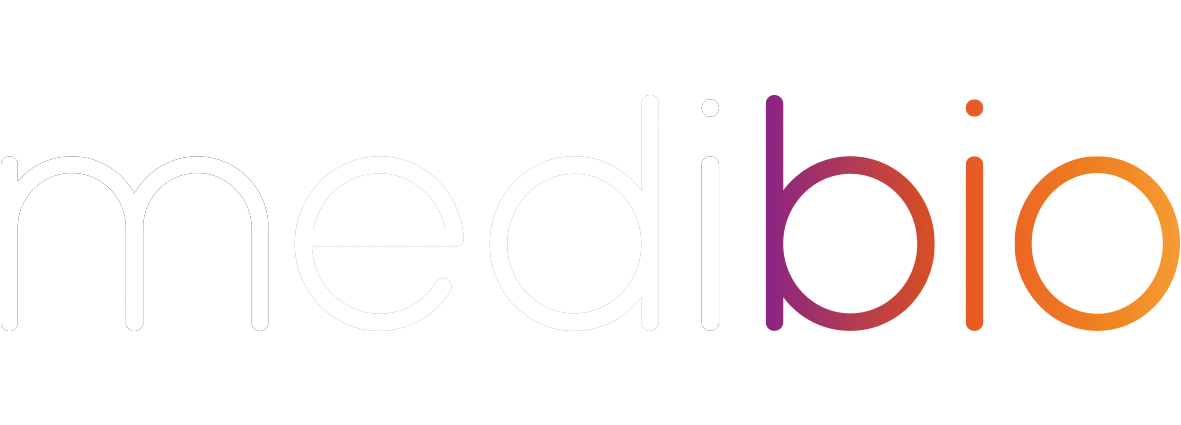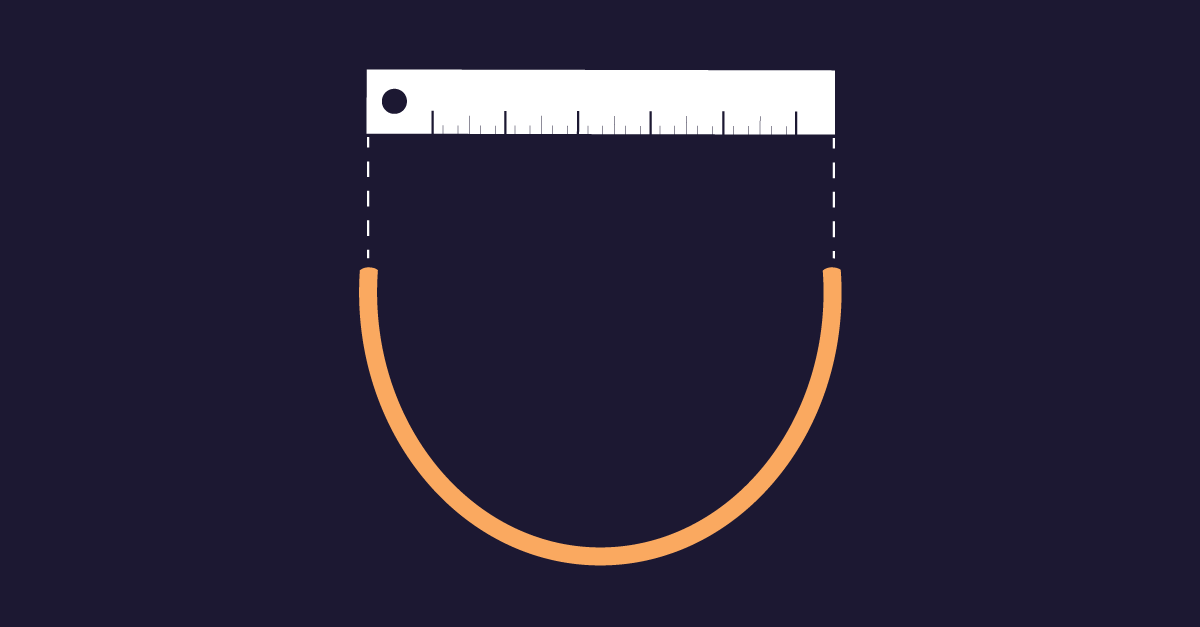August 23, 2018 | By Terry Cornick
For a good portion of us in the workforce, we have worked, or are currently working in a “big” business or organisation. Although the definition varies, for argument’s sake let’s say big is over 250 employees (as per the OECD as a yardstick).
It is challenging to adequately offer a range of health support to employees in a startup, let alone a national or global corporation. So how does big business currently support the mental health of their employees?
They offer a range of surface-level and low-impact initiatives such as yoga classes, meditation classes, free fruit / healthy snacks and educational seminars. Rarely are they accessed by all. Or they may offer more structured resources such as EAPs (Employee Assistance Programs) or the more rare Doctors/Professionals on-site.
The key denominator for both is that they are almost exclusively reactive and provide very little meaningful data that can be used to improve mental wellness in the workplace. What if initiatives could be proactively implemented and tracked to be improved upon?
Overlay this with a blanket process (or processes) for anyone that wants to access help, which assumes our substantial dollars are being well-spent. It also assume low take-up means good mental well-being in our workplace.
For example, a large financial services business with multiple sites across Australia, or a telecommunications company with white and blue-collar workers, static and mobile, are all provided with the same lifeline. Press this big red button for help. We know that the severity, intensity and cyclical nature of mental health conditions are complex, and often, for example, depression and anxiety are intricately linked. So often, when we reach help we do so at a crisis point.
But what if there was a way you could take back the reins of your workforce’s well-being and plan for potentially stressful and harmful impacts on employees? An upcoming merger, a product launch, an acquisition, a round of redundancies or cutbacks. A change in legislation that is likely to affect your sales team and their approach to clients and customers, but has little impact on the product team.
What if you had a de-identified overview of the organisation’s mental health at any one stage? Maybe you could see, from visually-readable data, that over the course of 3 months, the executive team were experiencing increasing levels of stress and anxiety and were in danger of burning out.
Your big business suddenly becomes laser-focused, intervening with targeted support when needed. Or being safe in the knowledge your employees can understand in real-time when they are experiencing a change in their subjective and objective mental health.
You, as a business leader, can forecast for these potential challenges, arm yourself with the appropriate tools and resources, prepare your EAP provider if needed and truly become a workplace of choice.
Learn more: https://medibio.com.au/mhcheckin/




